Hamas’s chairman, Ismail Haniyeh, is in Cairo for talks with Egyptian officials about a new temporary ceasefire deal with Israel. Haniyeh only reluctantly accepted Egypt’s invitation to attend talks. Hamas and its leader in Gaza, Yahya Sinwar, have been consistent in their demand that they will not negotiate a deal with Israel while they are still under fire. They are requesting that Israel stops all assaults, retreats and begins a permanent ceasefire before negotiations for the release of hostages can begin.
Although Israel is keen to make a deal, it currently draws the line at stopping the fighting before an agreement has been reached. It certainly will not consent to a permanent ceasefire.
There has been growing public pressure on Israeli prime minister Benjamin Netanyahu to reach a deal for the release of hostages. There are currently some 130 Israelis still held in Gaza, including six or seven women, a toddler and a baby. In the past two weeks the Israeli Defense Forces said that several hostages have been executed by Hamas, and there are fears that more hostages will be killed, making their release urgent. Pressure has grown in the past week, after the IDF erroneously killed three Israeli hostages in Gaza after mistaking them for terrorists.
Following weeks of refusing to negotiate a deal, Netanyahu now seems eager to reach one. His war cabinet is in general agreement that hostages are a priority, whereas Hamas can be dealt with at a later stage.
Israel has offered a deal that includes the release of forty Israelis, including the remaining women and elderly civilians, in return for the release of Palestinian prisoners convicted of terrorism offenses, a two-week pause in the fighting and increased humanitarian aid. Although the terms are much more generous than those of the previous deal, Hamas has rejected the offer and refused to come up with a counter-offer. Hamas’s announcement earlier today that it rejects a deal was followed by the largest missile attack against Israel in weeks.
Hamas’s priorities are not to secure humanitarian aid. It is only interested in the release of prisoners because it increases the group’s popularity and shows it is a powerful organization capable of bending Israel’s arm. The group’s main aim is a ceasefire that will ease the enormous pressure inflicted on the terror organization by intense IDF operations.
For Hamas, the hostages are the best — and possibly only — bargaining chip for achieving a ceasefire. They want to take advantage of Israel’s eagerness to get the hostages back in order to make Netanyahu accept vast concessions.
As Sinwar digs in, Israel is applying pressure through military force. Israel wants Sinwar to realize that a permanent ceasefire is unrealistic, and that a temporary one will only be achieved under a deal. The IDF has so far carried out operations in around 60 percent of Gaza, and it still has much more work left to do — above and below ground — if it is to crush Hamas’s considerable fighting capabilities.
The Egyptians are leading the talks with Hamas and are applying pressure by offering a variety of different options for a deal. Haniyeh might have agreed to entertain some of the options, including a deal that would allow Hamas to continue to exist and even have a role governing Gaza. However, it’s currently Sinwar who is calling most of the shots, and he objects to any talks about the future of Gaza that do not involve Hamas as the sole governing body.
Sinwar wants to buy time until Israel is pressured into decreasing the intensity of the fighting. It’s estimated that Israel will move to lower intensity fighting towards the end of January. This is partially due to American pressure. The American administration believes, based on lessons from Iraq and Afghanistan, that at this point lower intensity operations will be more effective and result in fewer civilian casualties. However, the American defense secretary, Lloyd Austin, made it clear — in a message also aimed at Hamas — that the US will not be giving Israel a deadline to do this.
The current fighting also involves mass mobilization. Many men and women aged eighteen to forty-five, who make up the majority of the Israeli workforce, have been enlisted for nearly three months. The war has had a considerable impact on Israel’s economy and the current way of fighting may not be sustainable for much longer. This could contribute to a decision to reduce Israeli forces in Gaza within weeks. In preparation for this, the IDF is currently expanding the fighting.
Sinwar’s position has made his assassination even more of a priority for Israel. Killing him may unlock negotiations with Hamas for a deal. It may also make it possible to have more constructive talks about who will control Gaza after the war. In the meantime, the American administration is applying considerable pressure on Qatar and Egypt to persuade Hamas to sign a deal, but so far, talks are deadlocked.
This article was originally published on The Spectator’s UK website.



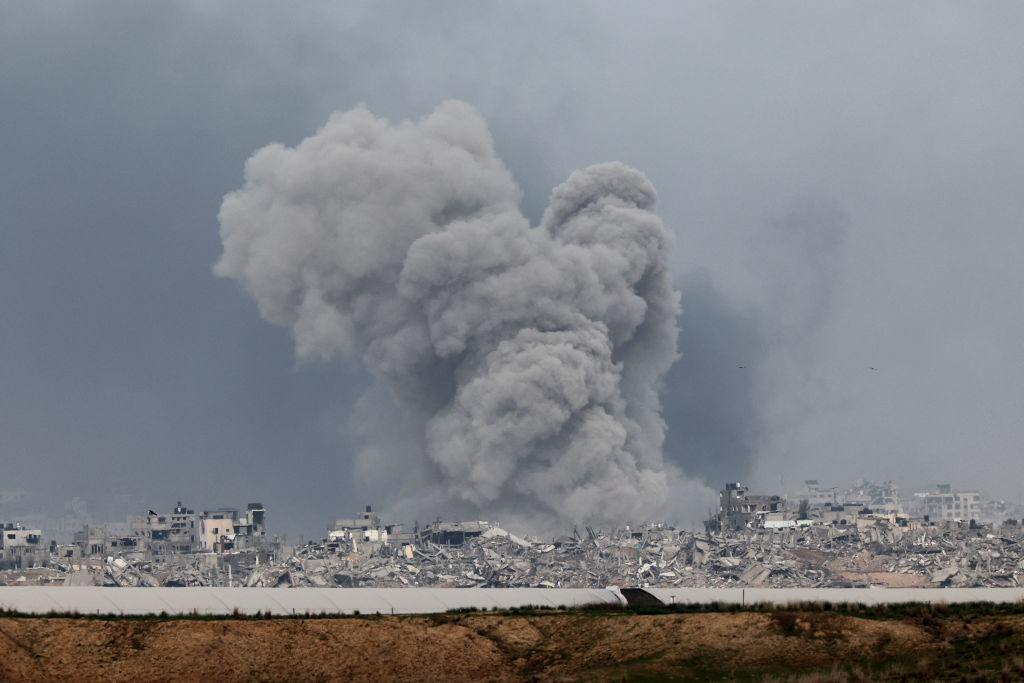






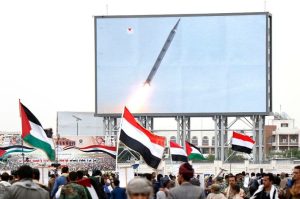

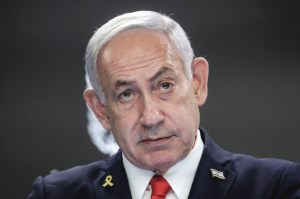
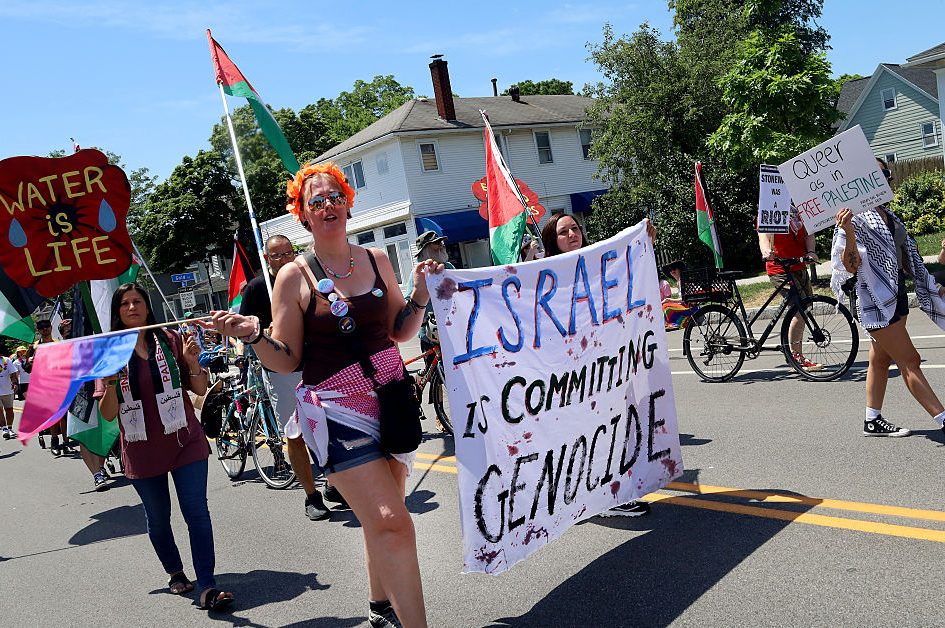
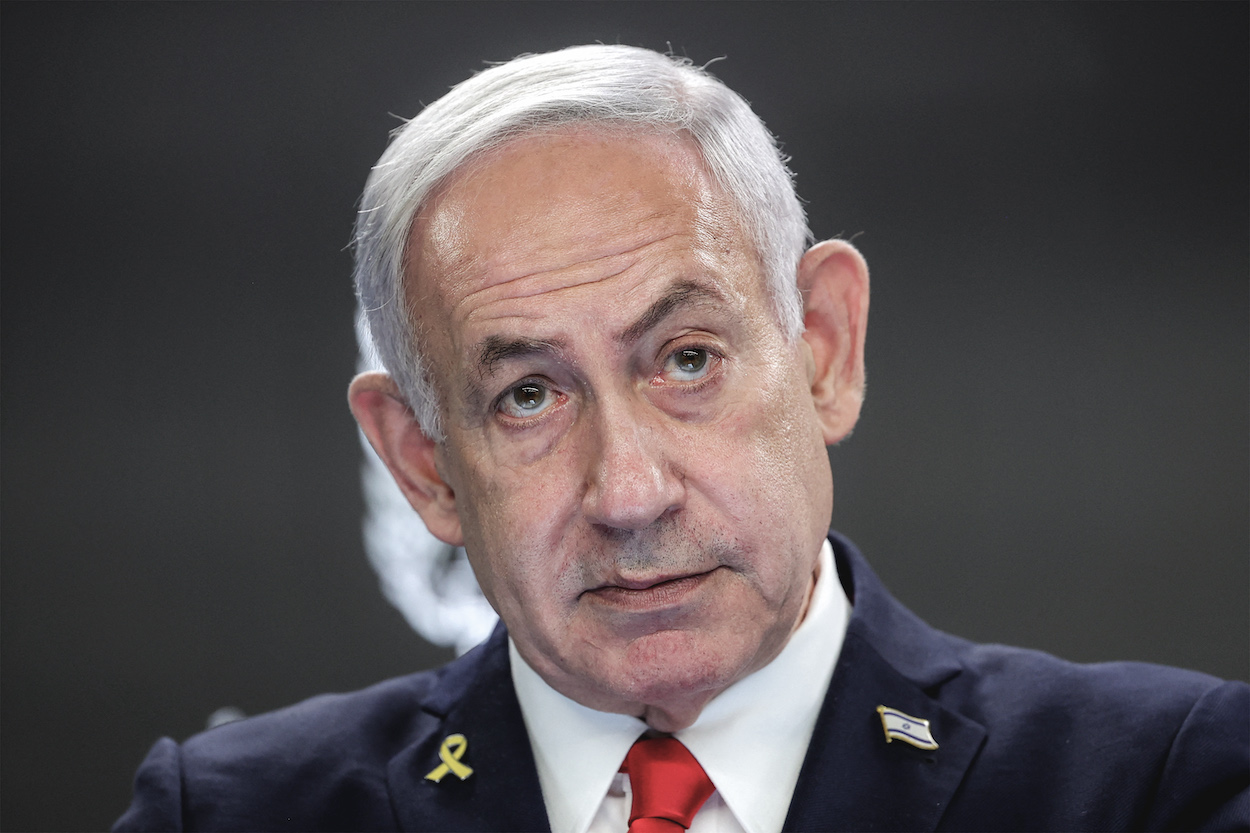

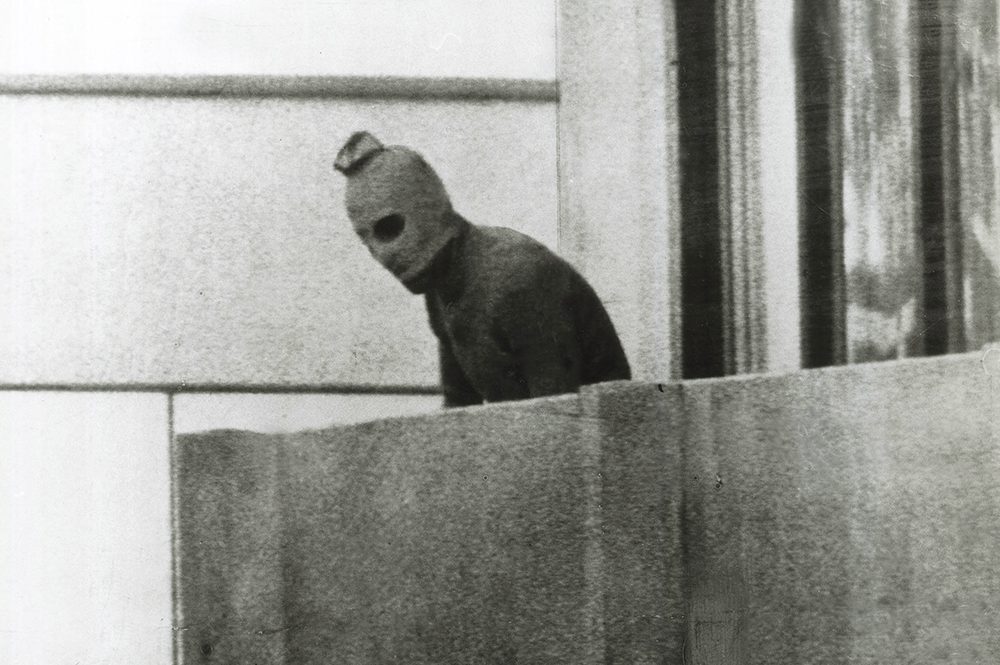

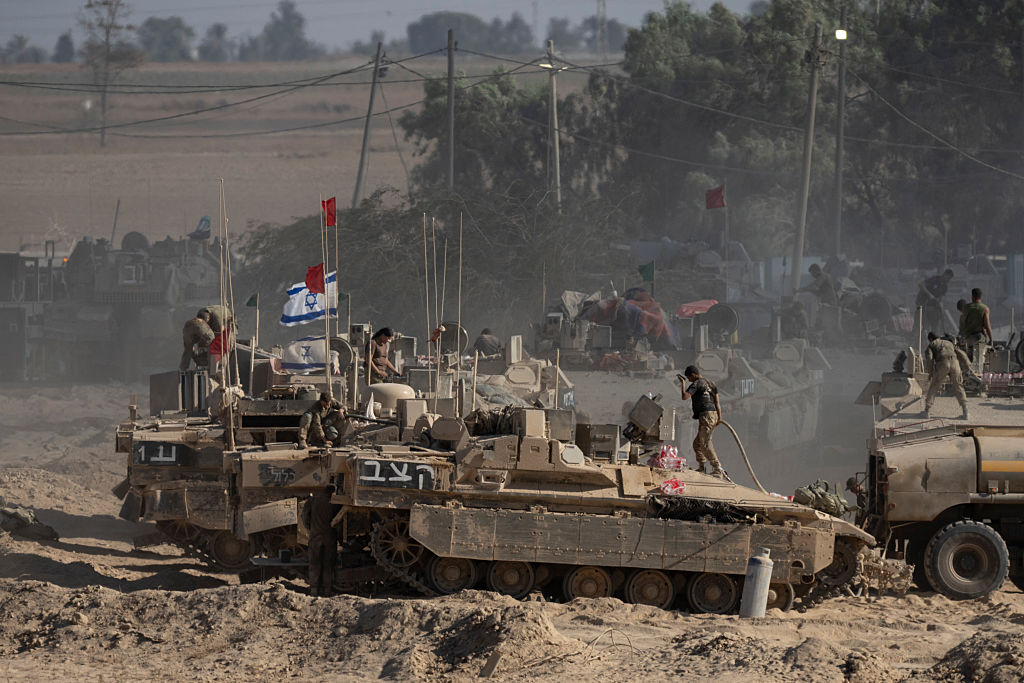







Leave a Reply